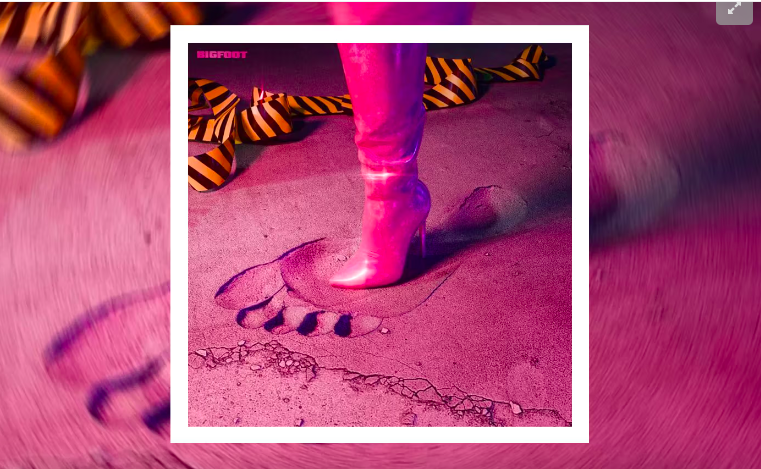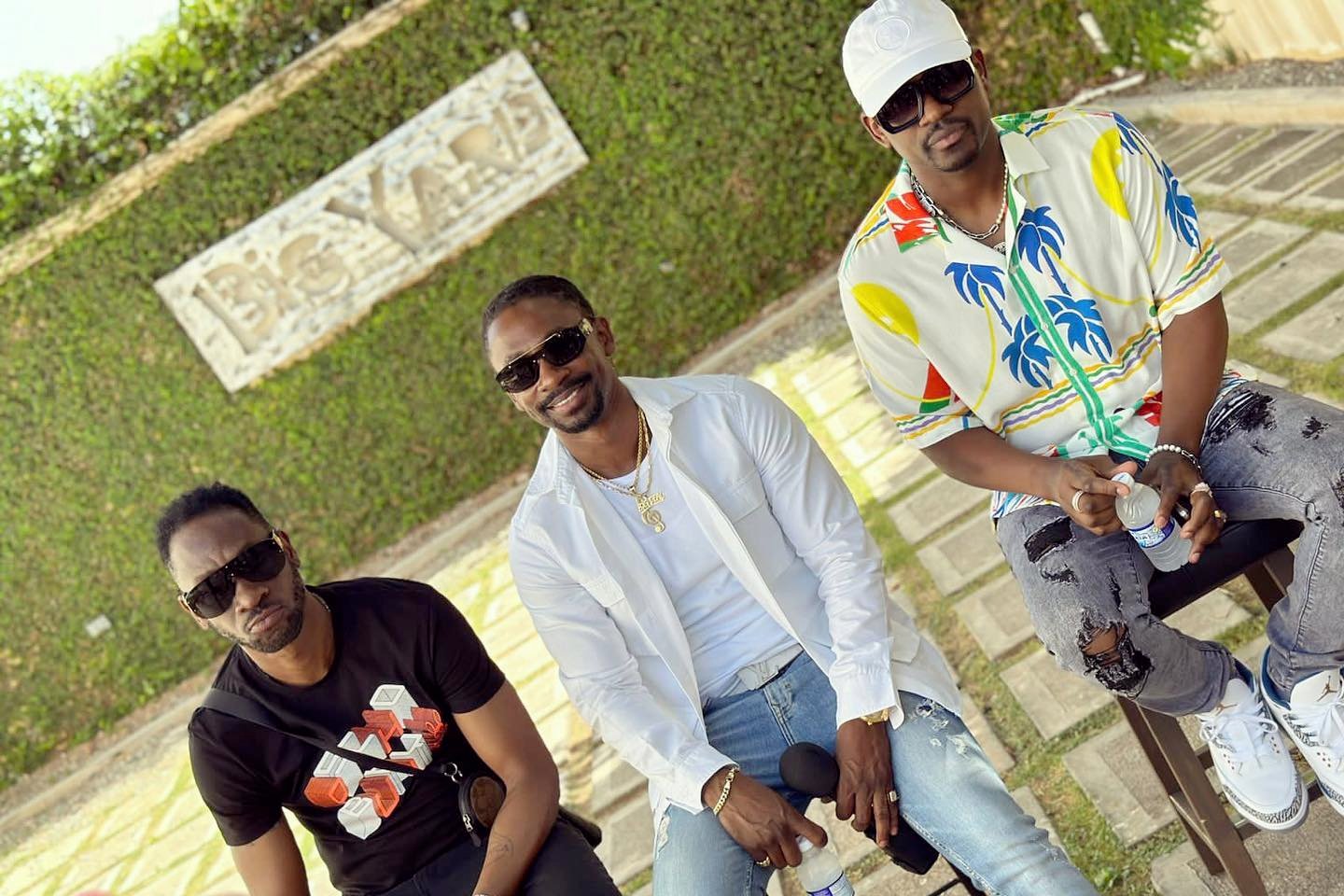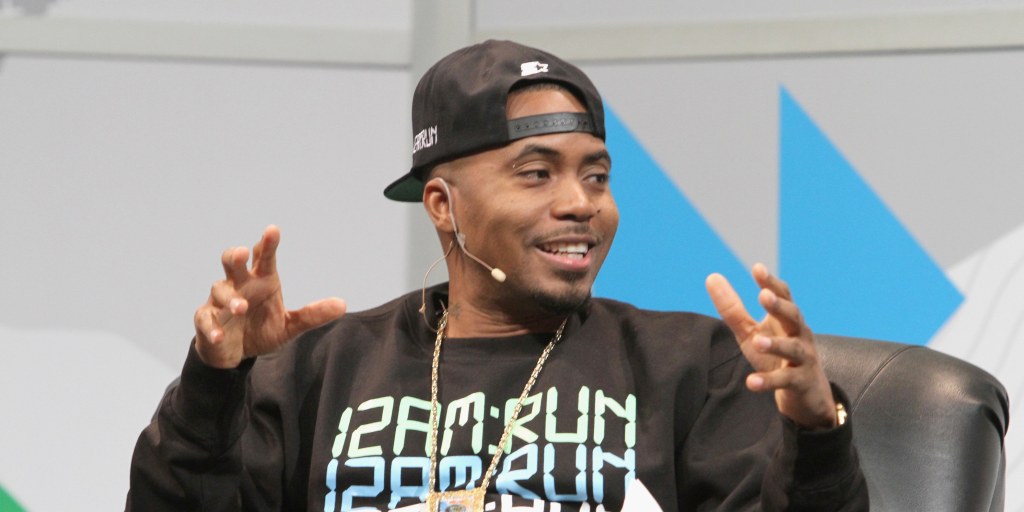IWD: The Sparking Women Of Afrobeats
It’s March again, which means International Women’s Month and another opportunity to celebrate women pushing the boundaries for productivity and creativity in all fields in every corner of the world. In Nigerian music, the last few years have seen a bold contingent of creative women advance the borders of what is possible for women in music, even in Nigeria’s patriarchal society. The music scene is still far from having an ideal balance of male and female stars, but considering the male-orientedness of the industry’s artists and background players, this group deserves even more praise for their ability to rise above all obstacles and occupy the section they do now. In doing so, they become a shining light to women in every field, an encouragement that women can rise to the top and pull down age-long barriers. Here are ten women, cut across generations and genres, who are lighting up the Afrobeats scene in 2024.

Tems
Tems rocketed to global fame with “Essence” and remained there via collaborations with Drake, Future and Rihanna, and brought her entire discography with her in this terrific journey, as a result of which even her most obscure releases from the past have been showered with millions of streams. But fans rightly want more, and as they await a debut album from the singer that will no doubt release this year, she’s kept them satisfied: “Me & U” and “Not An Angel” released last year, spinning her AfroRnB, Pop and Dancehall influences into spicy mixes, and allowing her balance gracefully on the ledge where she can appeal to both her Nigerian and western audiences. Tems is one of Nigeria’s brightest revelations of the 2020s, and her album should confirm her status as a force in world music.
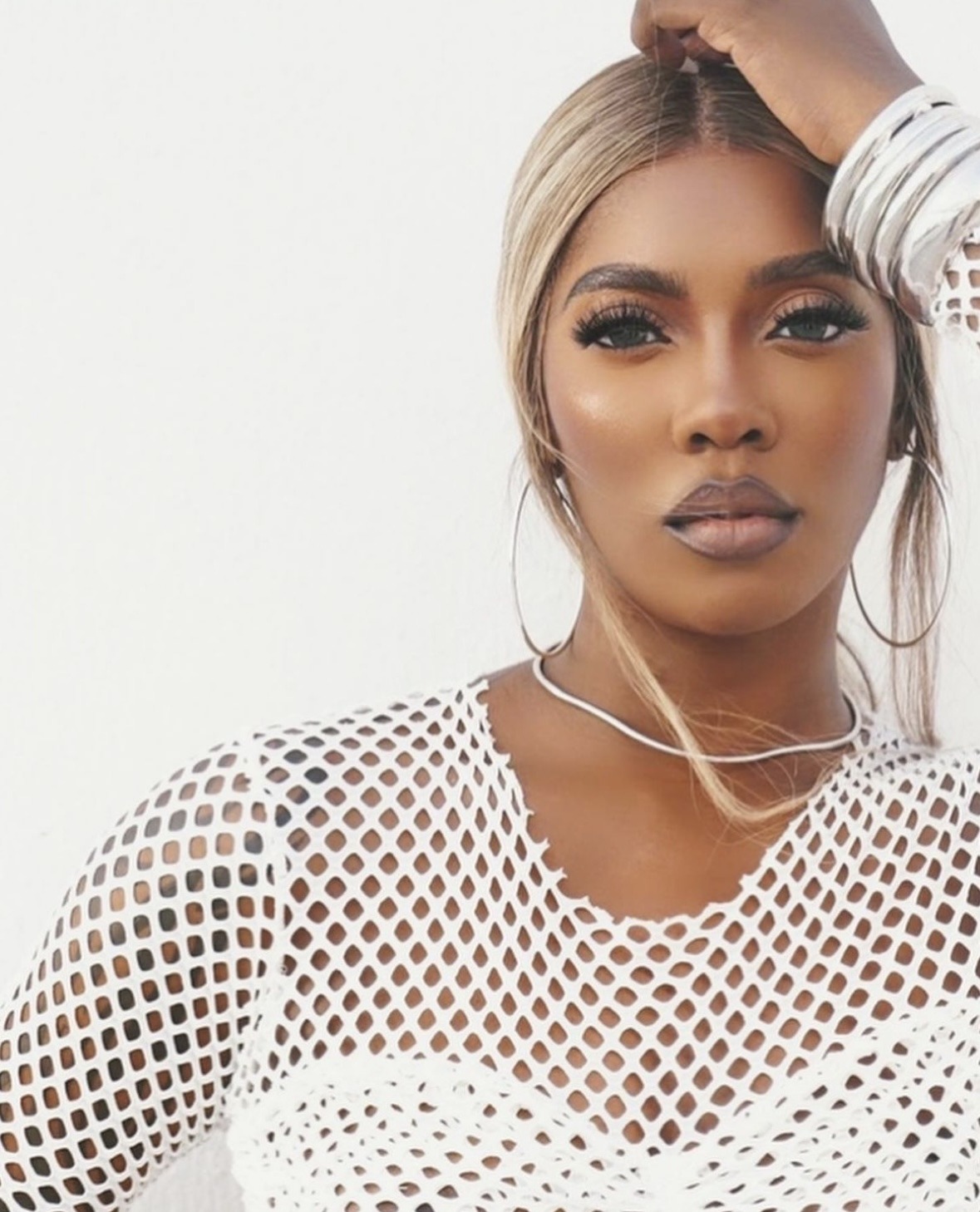
Tiwa Savage
The No. 1 African Bad Girl ruled African music through the 2010s, and was front and centre of the high-powered, dance-ready movement that we now know as Afropop. Now, she continues to advance Nigerian pop through its Amapiano era, entertaining a new generation with as much vim and vigour as she did with her Pop duo of “Kele Kele Love” and “Love Me, Love Me” over a decade years ago. Her royalty status in African music is beyond doubt, but she continues to prove it anyway, and with last year’s singles “Pick Up” and “Stamina” she kept pace with the rest of the industry, proving that the golden years of her career may actually be in front of her.
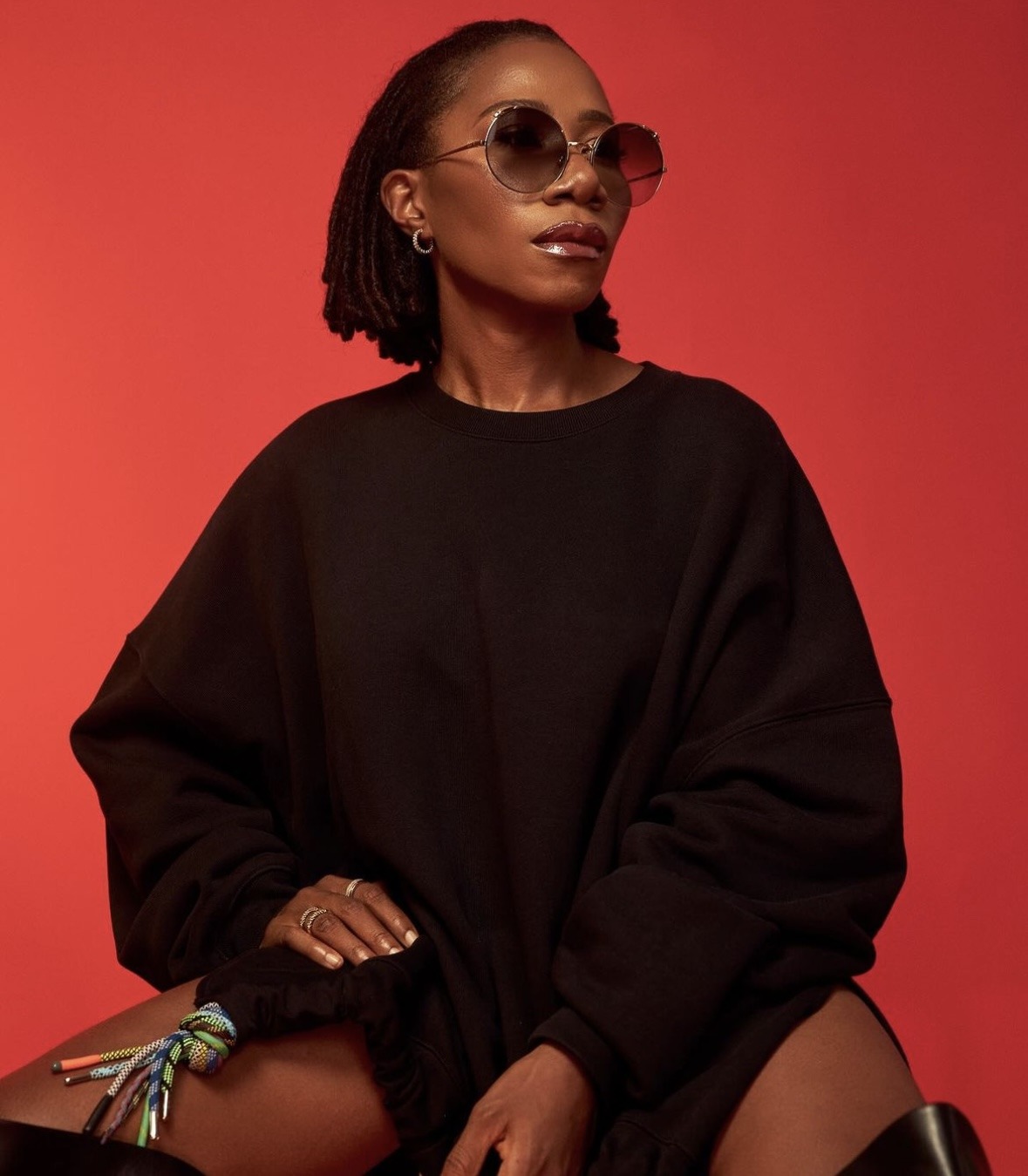
Asa
Asa is by now a household name in Nigerian music, being a practising artist for longer than some of her newest fans have been alive. The honeyed songstress made her breakout in 2007 with her self-titled debut album, the Cobhams-produced ethereal piece that introduced the key parts of her artistry: her melodious voice, guitar-strung melodies and her soulful writing. Seventeen years and 5 albums later, the Paris-born vocalist continues to captivate minds while adapting to changing times in Nigerian music, and her last album, V, highlighted her growth and reiterated her effusive songcraft, tapping into more modern Afropop while holding firm to her sonic identity. With the release of her latest, “Odo”, this year, Asa proves that she still has a lot to give the industry she helped build.
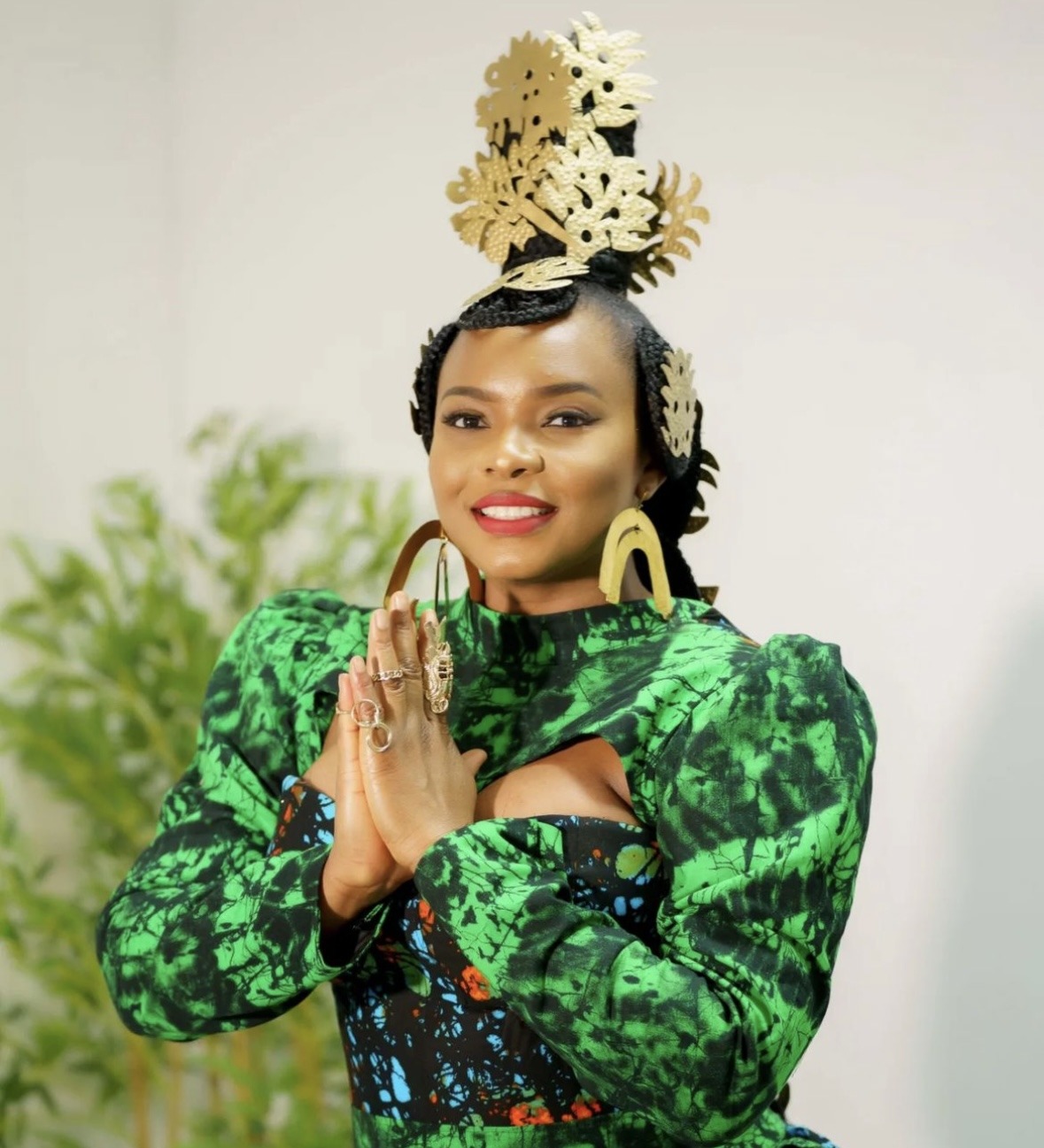
Yemi Alade
Yemi Alade, the self-styled Mama Africa, has lived up to that moniker in the ten years since “Johnny”, her explosive Afropop banger, announced her to the country and continent in 2014 as an instant star. Apart from her emotive music and its magnetic appeal to the dance floor, she has won hearts across the continent for her energetic performances and her very impressive polyglotism. She has come to represent a symbol of strength, excellence and femininity for African women, and with her latest release, the Mamapiano EP, having arrived in December, she shows no signs of stopping anytime soon.
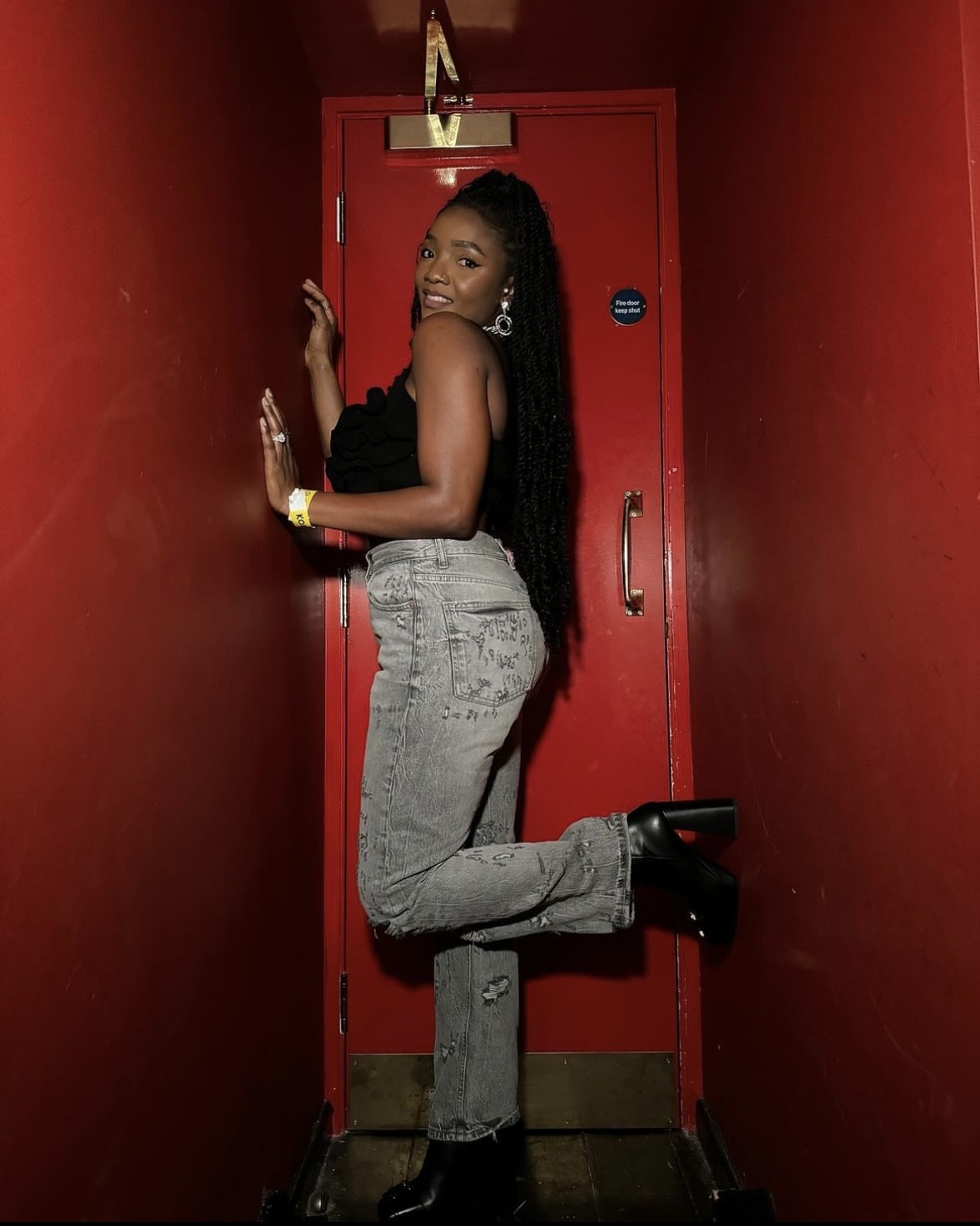
Simi
Simi’s high-pitched, sonorous voice is instantly recognisable for any keen follower of Nigerian music. She made her debut in 2014 via a series of catchy, playful singles—“E No Go Funny”, “Open And Close”, and “Jamb Question” and its Falz-featuring remix, before diving into the romantic depths, a field her vocals were always made to excel at. Her eponymous debut album arrived in 2017, bringing the arc of her introduction to a fitting close, and since its release, it has been an unstoppable upward journey for the songstress. Her most recent offering, To Be Honest, consolidated on her growth even further, as she scripted tales of life, love and friendship into one coherent package, and its reception proves her place in the music scene remains secure.
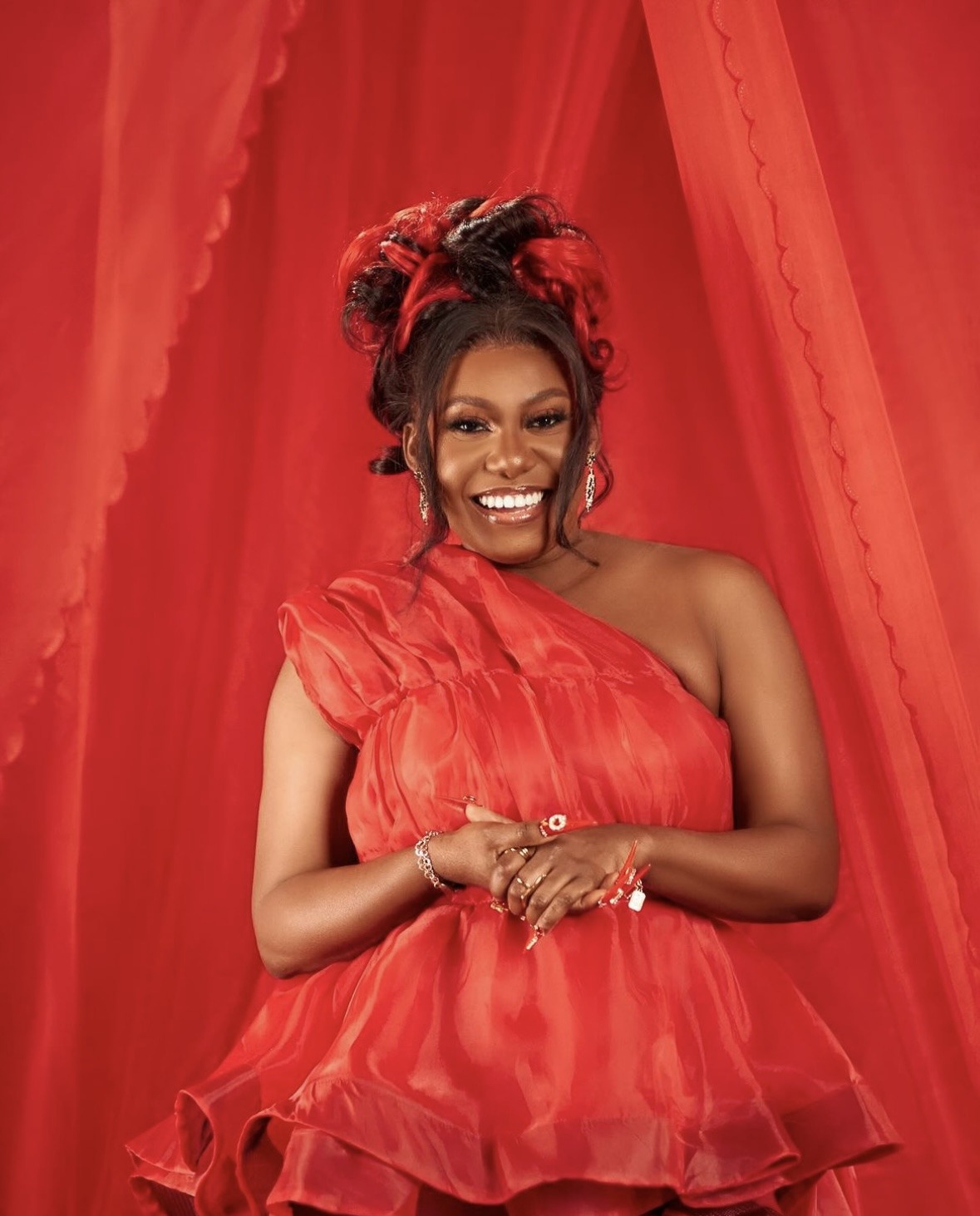
Niniola
Nigeria’s queen of Afro-House gets a lot less credit than she deserves, but Nigeria’s Amapiano-directed era, borrowing heavily from South Africa, was foreshadowed by her genre-bending “Maradona” way back in 2017. Two albums, 2017’s This Is Me and 2020’s Colors And Sounds established her position, as she tried her hands on a number of sonic experiments between Afropop, South African House and Dancehall, and brilliantly pulled off most of them. Years later, she remains at the forefront of innovation and genre-morphing in Nigerian music. Amapiano’s saturation in Nigerian music means it is no longer an effective means of standing out, but Niniola’s capacity to execute it with exceptionally high levels of quality means she will never have to be worried about her legacy.
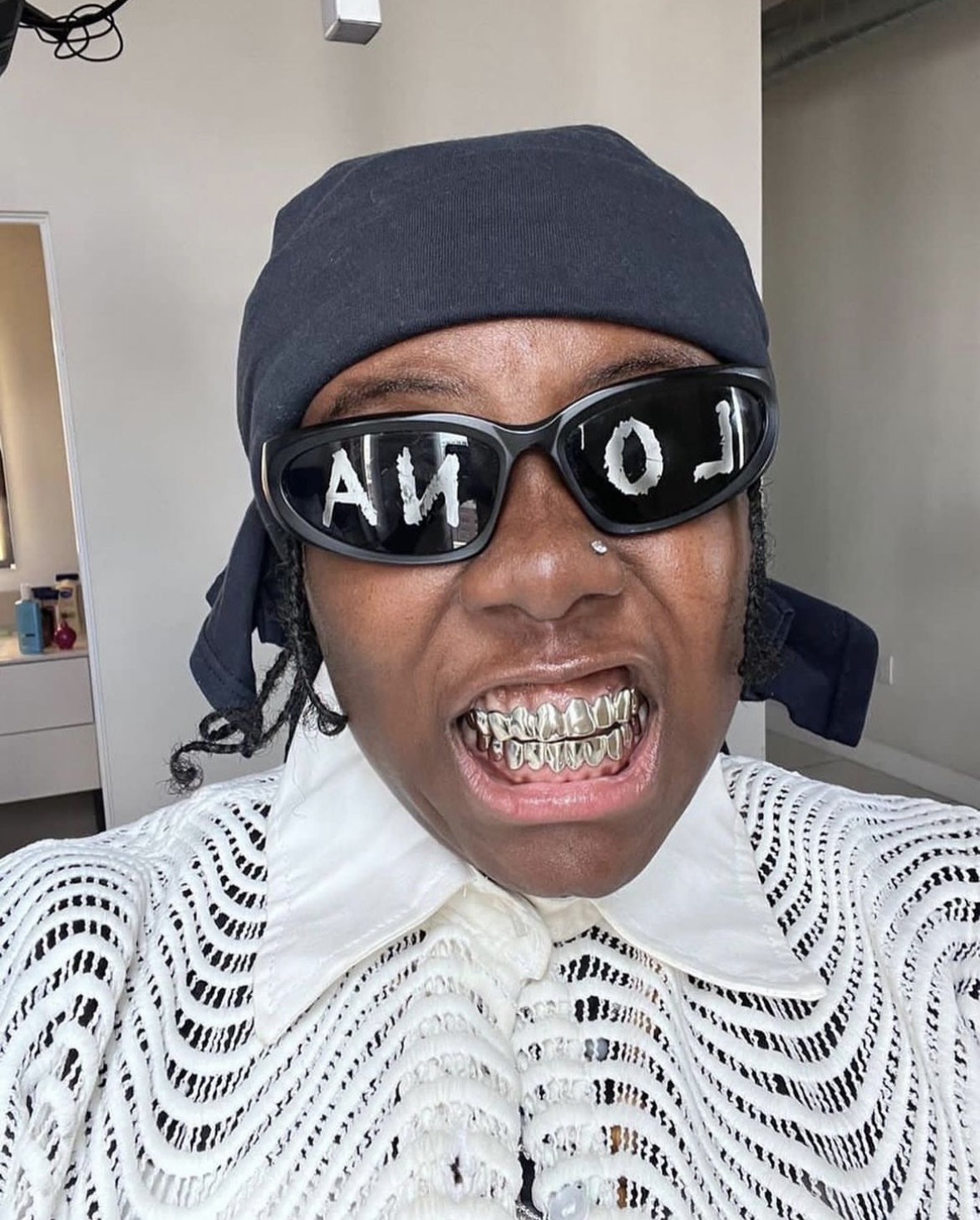
Teni
Teni, the other half of the Apata singing sisters, is cut from a different sonic cloth. She delights in the tonic flavour of conventional Afropop and its ability to soundtrack the most heartfelt songs. She released a number of tracks between 2016 and 2018 to moderate impact, but it was her breakout single, “Case”, blending tender emotion into fast-spinning beats, that gave Teni her grand introduction as a purveyor of the romantic. Other singles, like the reflective “Uyo Meyo” and “Askamaya” displayed yet another side to her. Her recent album, Tears Of The Sun, was a comeback of sorts after a period of downtime, and with it she immediately thrust herself back into the limelight.
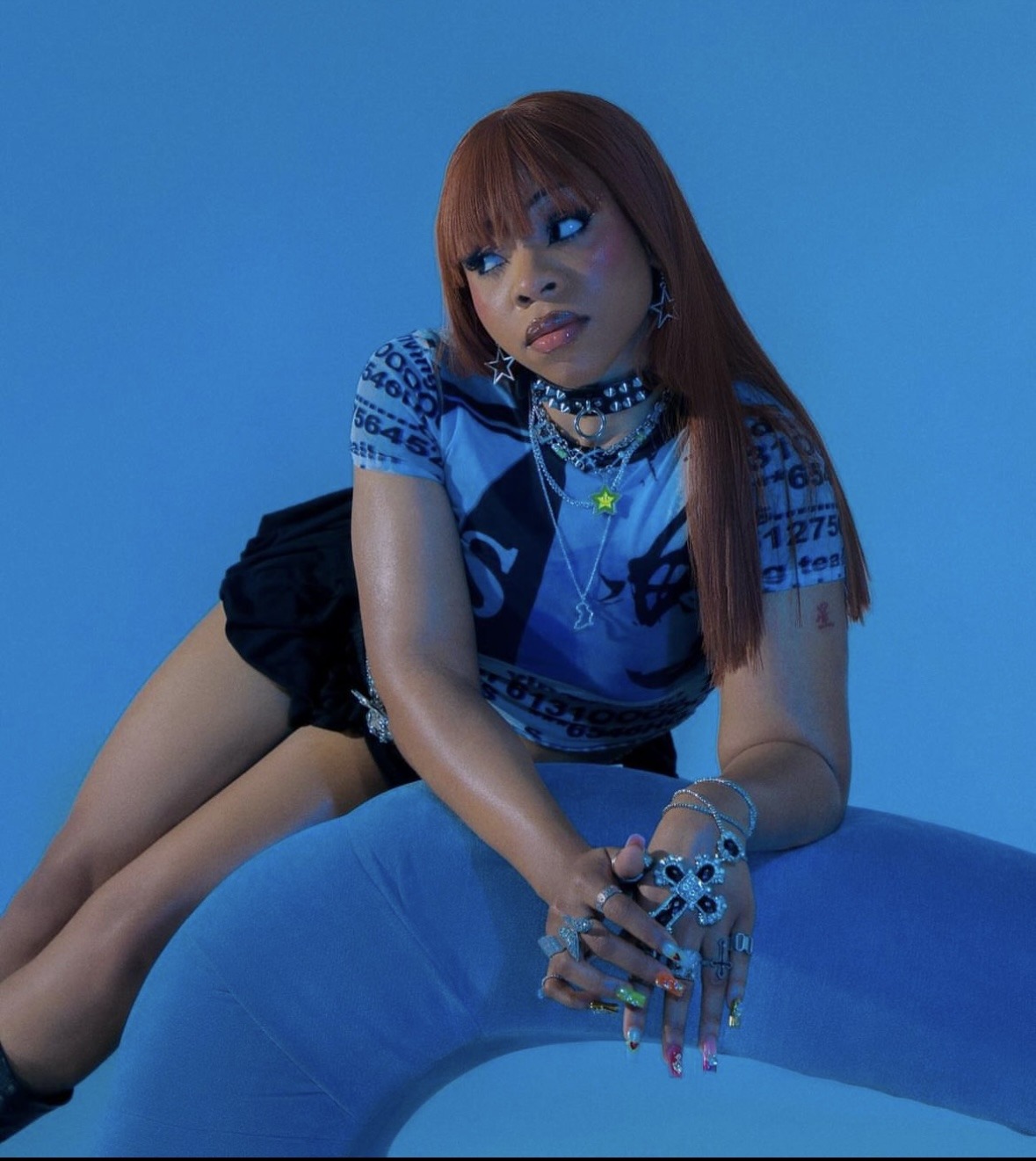
Fave
2021’s “Baby Riddim” was a game-changer for Fave. It was the means with which she made her mainstream journey, and even now it is easy to see why the audience found it so irresistible. 3 months later, she capitalised on the newfound fame to release Riddim 5, her debut EP, weaving heart-strung writing into an AfroRnB sonic template to excellent results.
Her releases in the period since then have been somewhat sparse—only two songs of her own in two years—but she has made up for it with a number of well-delivered features. Her latest, “Belong To You” is a marker of her undying talent and promise.
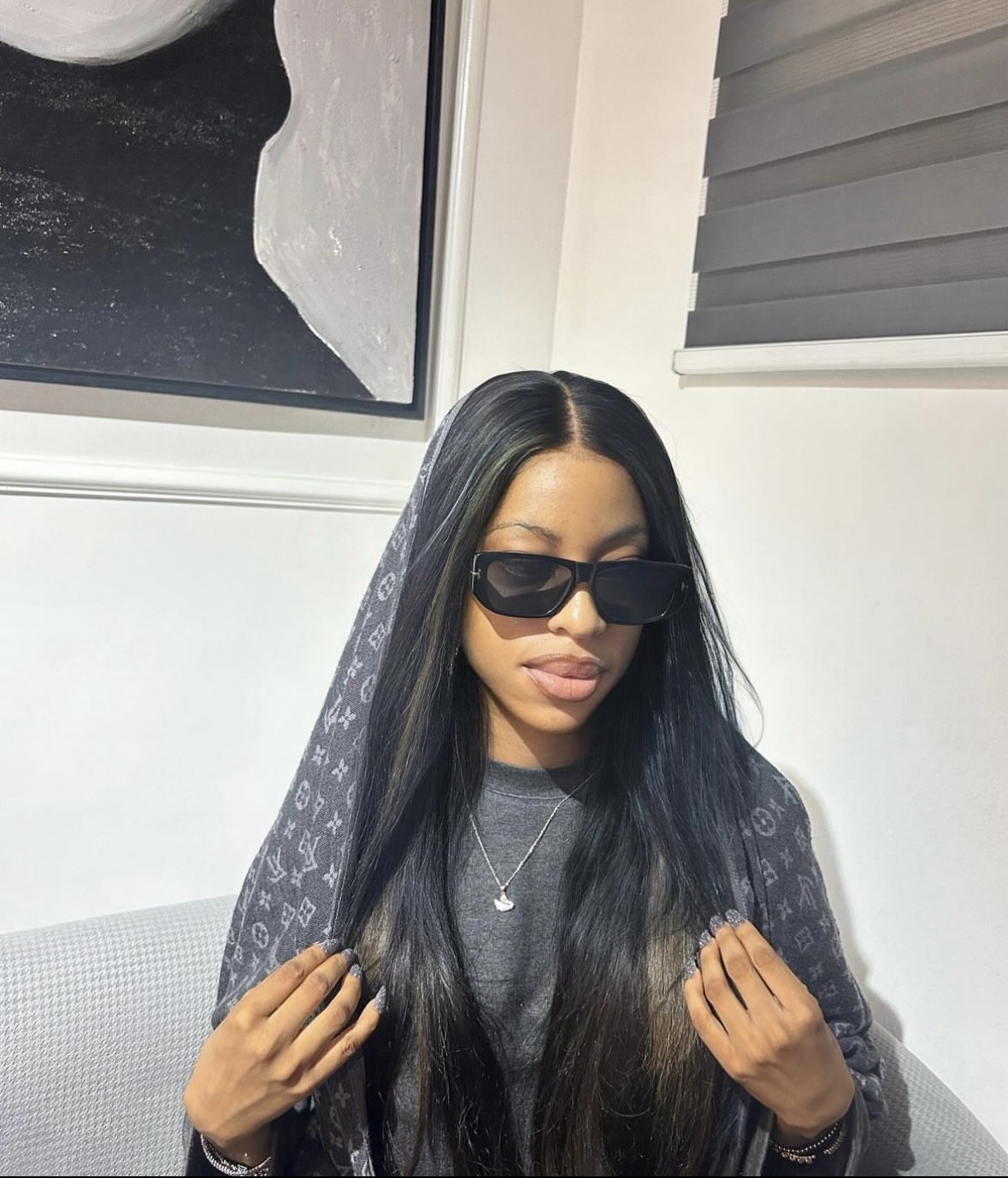
Qing Madi
It may have gone under the radar, but Qing Madi had an exceptional 2023. She began the year as an underground artist, secured (and brilliantly delivered on) a dream collaboration with BNXN, built on that momentum to release a brilliant debut EP, and is now watching as “American Love”, a track off it, is pushing to become her biggest song yet. The 18 year old singer is making an organic growth fueled by addictive hooks and clever writing, and now looks to be one of the industry’s brightest stars of the future, poised to follow in the examples of the other women on this list.
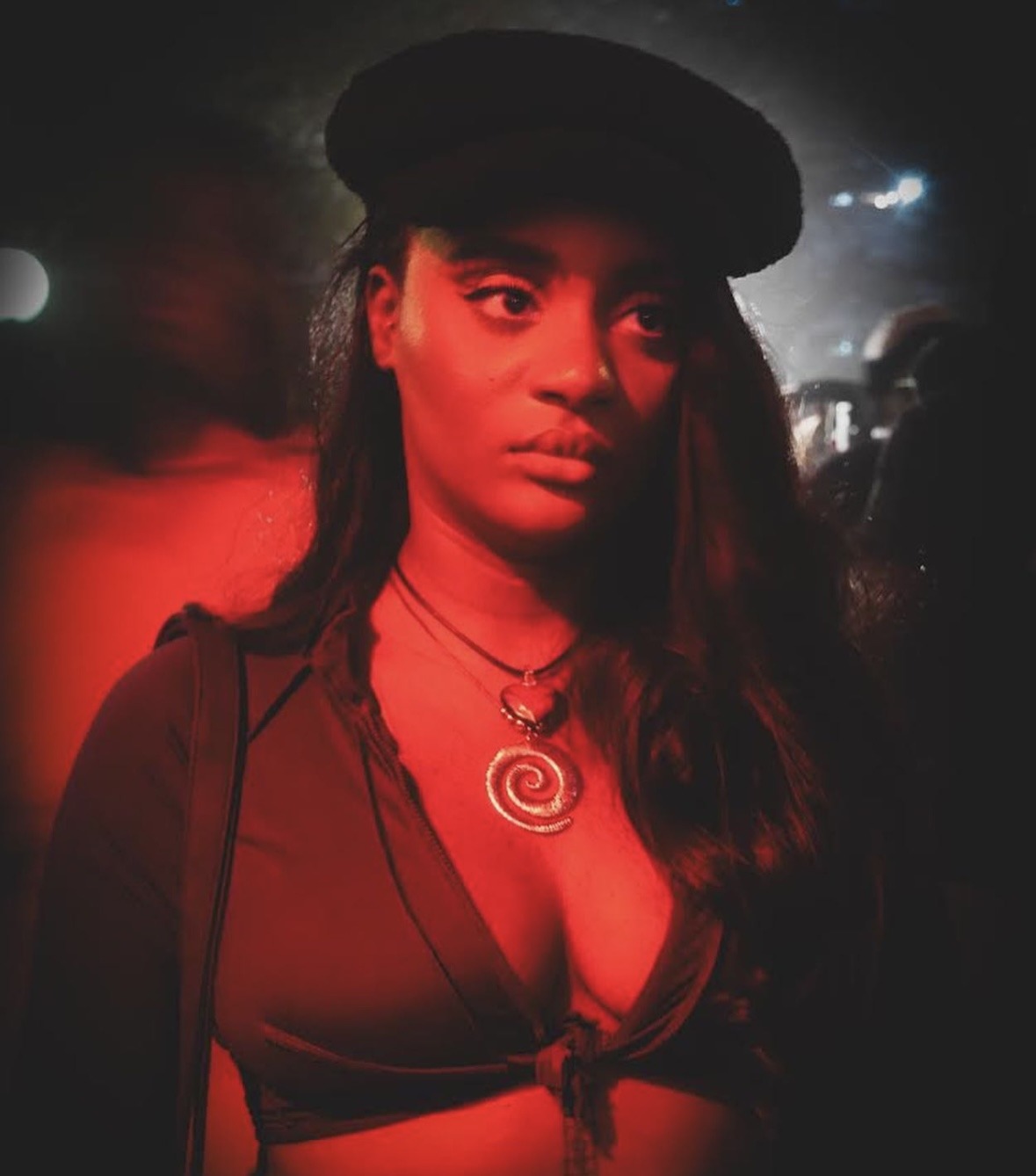
Bloody Civilian
Bloody Civilian is on her way up. The 26-year-old made giant strides in 2023, logging in her debut EP Anger Management in June and returning in November with Anger Management: At Least We Tried, a special remix version that featured stars like Joeboy, ODUMODUBLVCK and Fave. Her music is a special blend of Nigerian and foreign sounds, allowing her to draw from a wide pool of sonic influences and still create cohesive projects. She is still firmly in the ones to watch category, but her trajectory places her to rank beside Nigeria’s elite in the not-too-distant future.
This article was written by Afrobeats City Contributor Ezema Patrick – @ezemapatrick ( X )
Afrobeats City doesn’t own the right to the images
